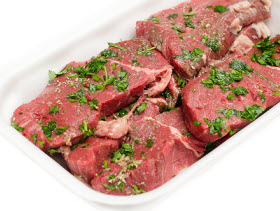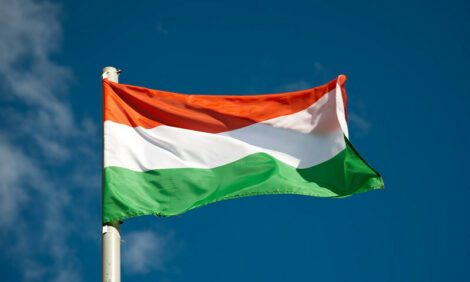



EDITORIAL: Horsemeat Scandal Doesn’t Dim Beef Outlook
The horsemeat scandal has swept across Europe bringing with it tighter food protocols but despite fears of a consumer demand downturn, red meat remains popular and farmers face a positive outlook.The European Commission action has instructed all member states to engage in food testing programmes to locate mislabelled horsemeat.
The Finnish food authority Evira is preparing for a complete supply chain overhaul to assess product content. Likewise German, French and Norwegian governments are acting to catch any meat ‘cheating’ and create transparency for consumers.
Liechtenstein company Hilconas has been found supplying beef tortellini with horsemeat sold under the Gusto and Combino Penne Bolognese brands.
The substituting of horse and pig meat for beef in a variety of processed products including burgers, lasagnes and pies was first unearthed by Irish food inspection authorities. But while supermarkets have been recalling and destroying items, the high street butcher has seen a rise in trade.
Anecdotal evidence from EBLEX and a survey by Kantar has shown that UK consumers may be favouring prime cuts in favour of processed meat.

Although widely consumed across continental Europe the horsemeat scandal has met disapproval from UK consumers and farmers.
Farm assured beef from animals with guarantees of welfare and provenance represents a safe option which the government and farm groups have passionately promoted over recent weeks.
Confidence and trust in butchers’ processed products comes from the simplicity of the ingredients, said the Scottish Federation of Meat Traders (SFMT). Butchers are going to be stepping up production, expecting demand to stay high, added the SFMT.
Accompanying this confidence is news from the Outlook 2013 conference that global beef prices will remain high through 2013. Held last week in London, the conference message was that despite difficult weather conditions and input price pressure, 2013 could still be a good year.
Speaking at the conference was AHDB/EBLEX senior analyst, Debbie Butcher, who said that low calf demand through 2012 from high cereal prices had tightened supplies.
She added that UK cattle are being marketed heavier due to adverse weather interrupting finishing programmes and tight supplies have led to cull cow slaughtering rise to their highest figures post BSE.
Lower supplies in the UK and the US will be countered by higher productivity globally, Mrs Butcher concluded. The five countries producing two thirds of the world’s beef will show an aggregate output rise as Argentina (+6 per cent), Uruguay (+4 per cent), Australia (+ 3 per cent) and Brazil (+ 2 per cent) are producing more beef.
Michael Priestley
News Team - Editor
Mainly production and market stories on ruminants sector. Works closely with sustainability consultants at FAI Farms



